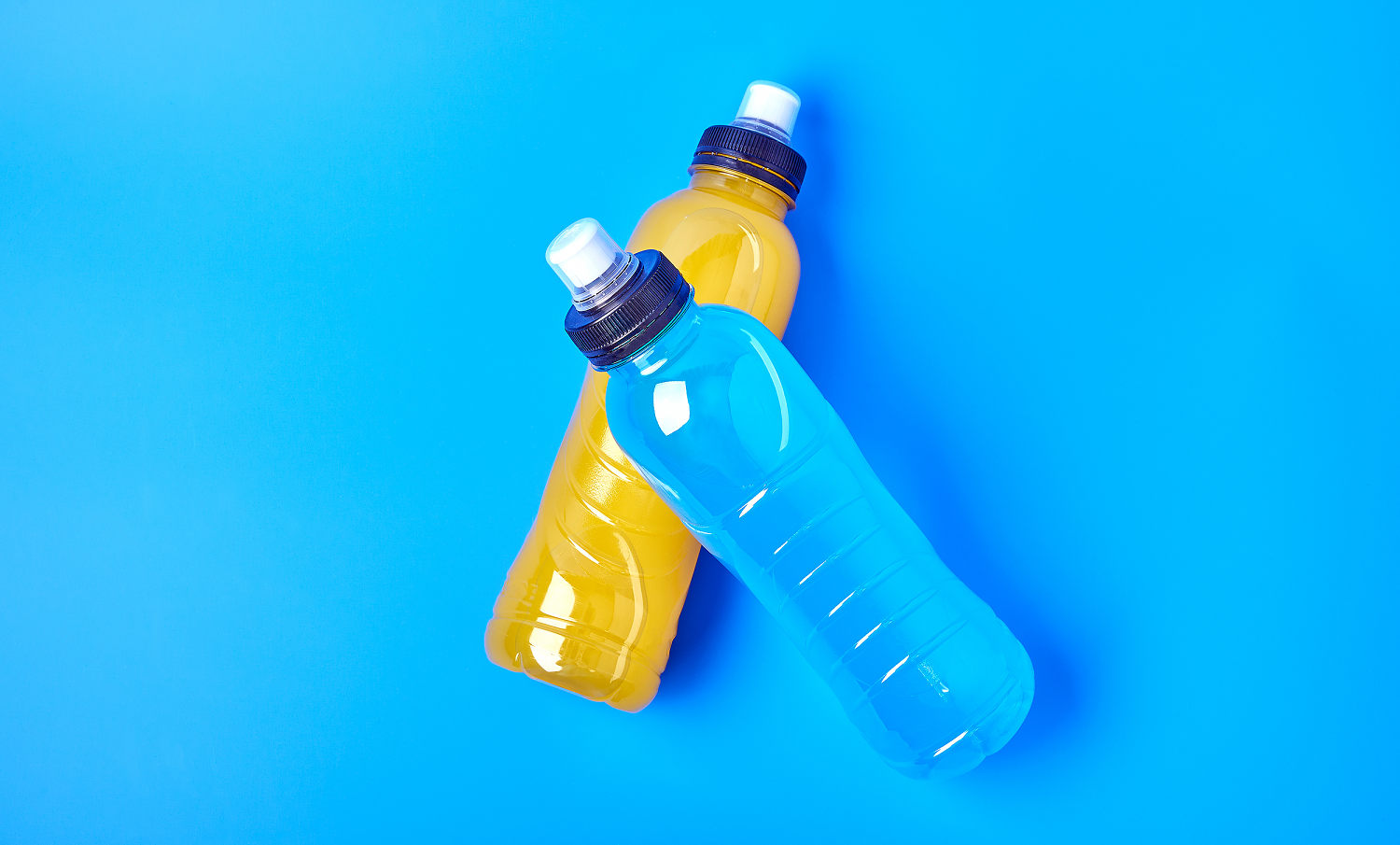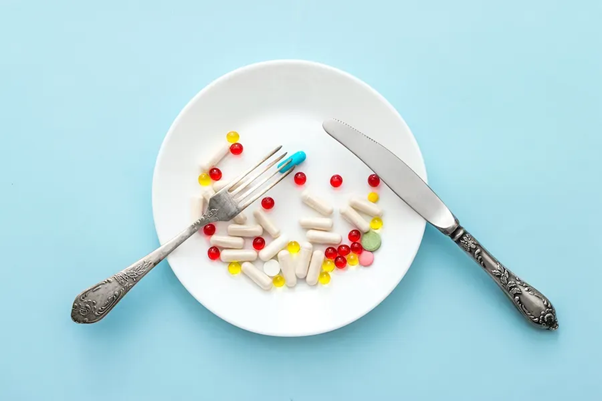When you’re working up a sweat, your body’s losing water, of course, but it’s also sweating out a ton of minerals, including sodium, , , phosphate and calcium, also known as electrolytes. “Electrolytes are minerals that can carry an electric charge when they are dissolved in water or body fluids,” explains , registered dietitian and author of “2 Day Diabetes Diet.” Since the body is made mostly of water, nearly every fluid in it has electrolytes.
Fortifying the body with these minerals is critical because they're responsible for hydration, nerve and muscle function and maintaining pH balance. They also allow the body to regulate chemical reactions, maintain the balance of fluids inside and outside cells, and they often play a role in various diagnoses, per the . When you’re dehydrated, urinate or sweat them out, reintroducing electrolytes into the body will reduce the likelihood of related symptoms, including muscle cramps, dizziness and changes in blood pressure, Palinksy-Wade adds.

And thankfully, you can replenish most electrolytes with the help of an assortment of drinks, both natural and manufactured. Now, knowing you need to re-up your electrolytes is great, but what drink you choose to restore your electrolyte levels matters, too. Not all electrolyte drinks are created equal.
Some include added sugars and caffeine, which you may not want, while others are totally natural, so it’s important to know which serve you best and when. First, it’s important to determine whether you’ve lost enough electrolytes to warrant drinking an electrolyte beverage at all. “Many people drink (electrolyte drinks) when they don’t actually need them,” says Natalie Rizzo, registered dietitian and TODAY.
com nutrition editor. If you're not sweating in excess and maintain a balanced diet of fruits, vegetables, nuts and dairy, and get enough water, you don't actually need to supplement with a drink high in electrolytes, says Palinsky-Wade. But you’ll need them if you’re dehydrated from heat, ill or recently completed an especially rigorous workout.
“You don’t need to replace electrolytes for a normal 30–60-minute gym workout. But you should think about electrolyte replacement for any sweaty workout that is longer than an hour or exercise (done) in high heat or humidity,” Rizzo specifies. To do that, she recommends turning to drinks that are high in electrolytes, as drinks are faster than food for the body to digest, so they'll more quickly replace the electrolytes you've lost and keep you hydrated.
The two main types of electrolyte drinks are natural — namely juices from various fruits with naturally occurring electrolytes — or ultraprocessed sports drinks fortified with electrolytes, water and sometimes sugar. Either type can be healthy when consumed for hydration and to replace needed electrolytes, for example after intense activity or dehydration from an illness. But they’re not typically necessary for everyday hydration needs for non-athletes.
If you are exercising enough that you need a daily boost of electrolytes, there’s little risk to consuming them regularly, the experts say. Just avoid "excessive consumption," especially if you have kidney issues or high blood pressure, because it can "upset the body’s electrolyte balance or contribute to increased sodium intake,” Palinsky-Wade says. If you have a health condition, talk to your doctor before adding electrolyte drinks to your rotation, Rizzo adds.
Whether you’re an Ironman or the average gym-goer, the experts agree the electrolytes you get from whole foods, fruits, vegetables and water each day are not something to be concerned about. The healthiest high-electrolyte drink for you will depend on how much fluid you've lost. “For people who work in extreme heat or humid conditions and need an electrolyte boost," Rizzo recommends manufactured drinks made from water and electrolytes with no added sugar, or 100% fruit juice.
For endurance athletes who participate in grueling, long sporting events, on the other hand, she recommends the popular, bright-colored sports drinks that promise an electrolyte boost and often have additional calories and sugars. If you want to go the natural route, Palinksy-Wade’s favorite is , which she also says is among the healthiest options. “Coconut water stands out as a naturally occurring electrolyte drink, containing double the electrolytes of average sports drinks without additives,” she says.
She also recommends making a homemade electrolyte drink with — which contains potassium, magnesium and calcium — and a pinch of sea salt. “As a mom, I love that is it free from artificial colors and added sugar, so it can be a great option as an electrolyte drink for the whole family. Plus, prune juice provides a good source of naturally occurring fiber to support a healthy gut and help you feel your best,” Palinksy-Wade adds.
One advantage that sports drinks have over natural alternatives is that they tend to contain a greater variety of electrolytes, whereas juices usually only have one, Rizzo points out. So she also suggests making your own by adding a teaspoon of salt to coconut water, for example. "It delivers both potassium and sodium, the two prevalent electrolytes lost in sweat," she explains.
Health Reporter/Editor.
Health

What is the healthiest electrolyte drink? That depends on this 1 thing, experts say

If you're working up a sweat, you'll lose out on some of your electrolyte stores, and certain drinks can replenish the lost minerals.















